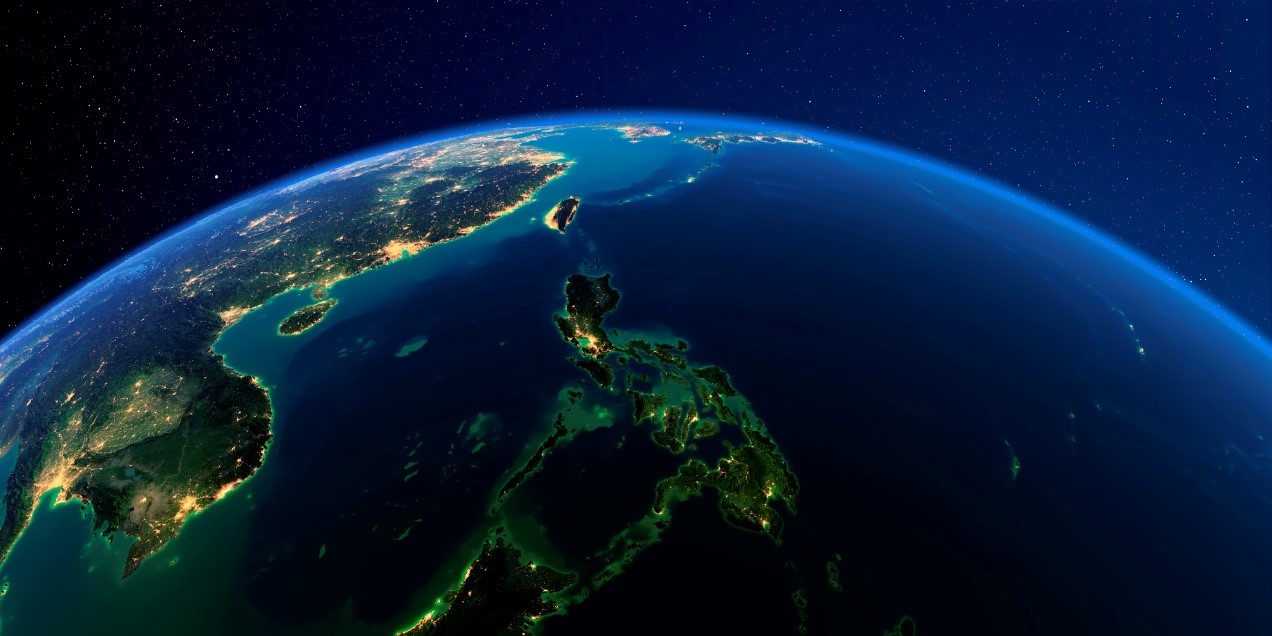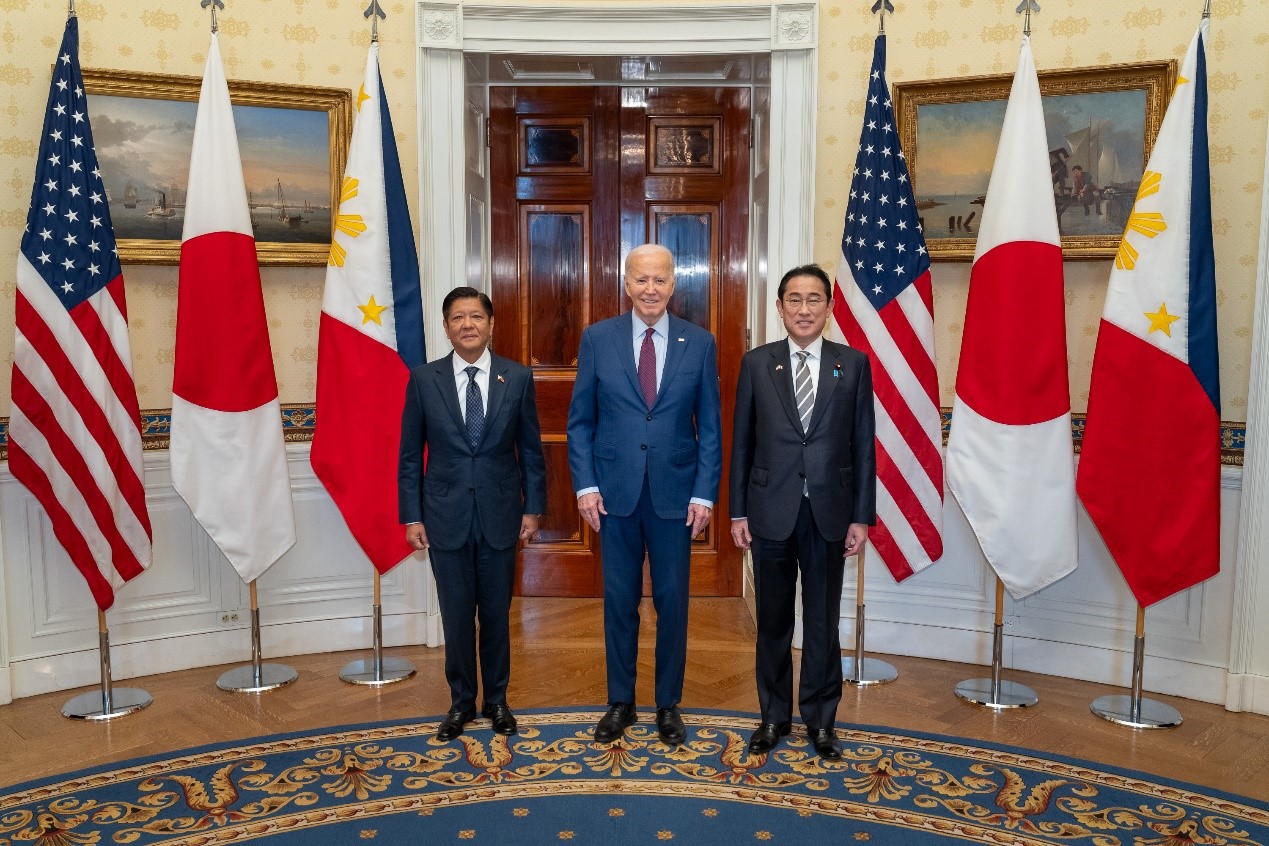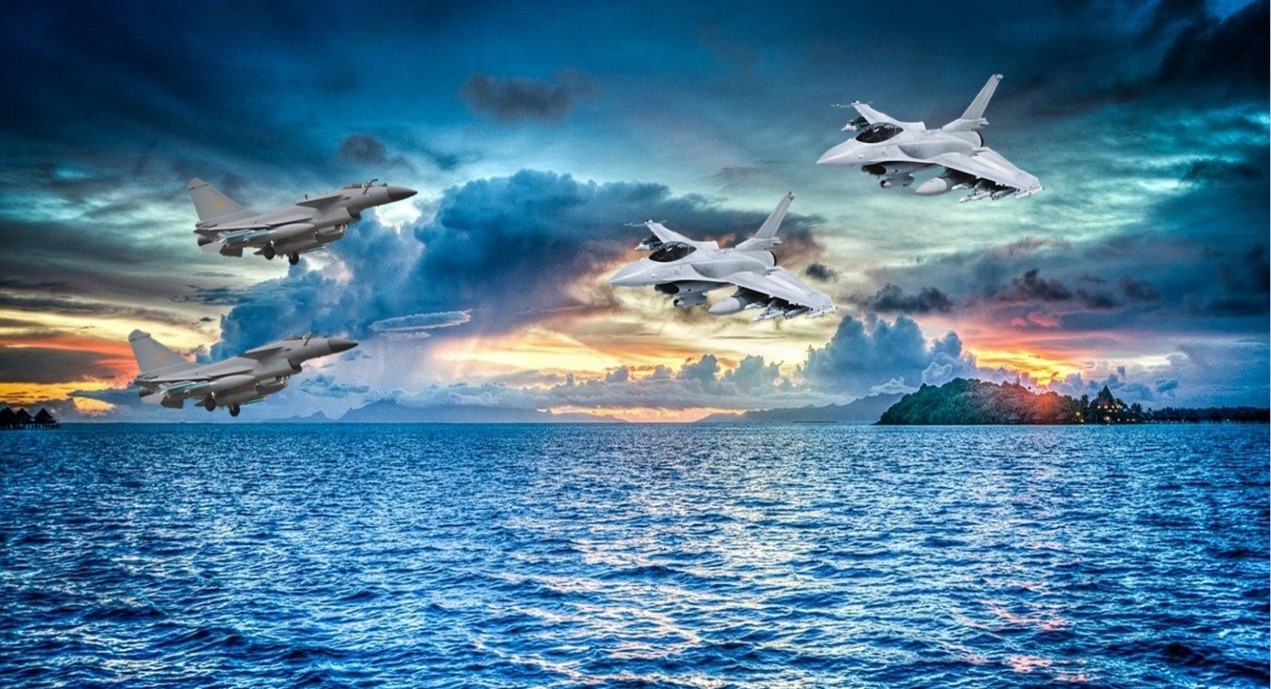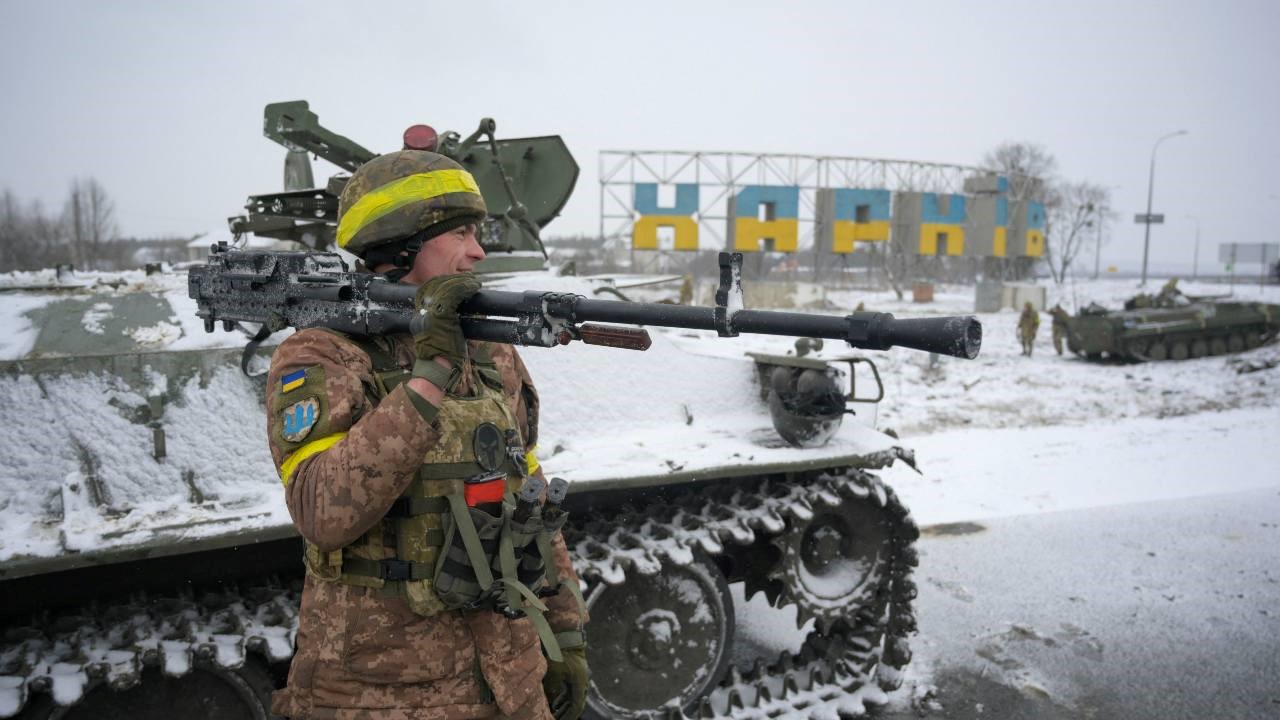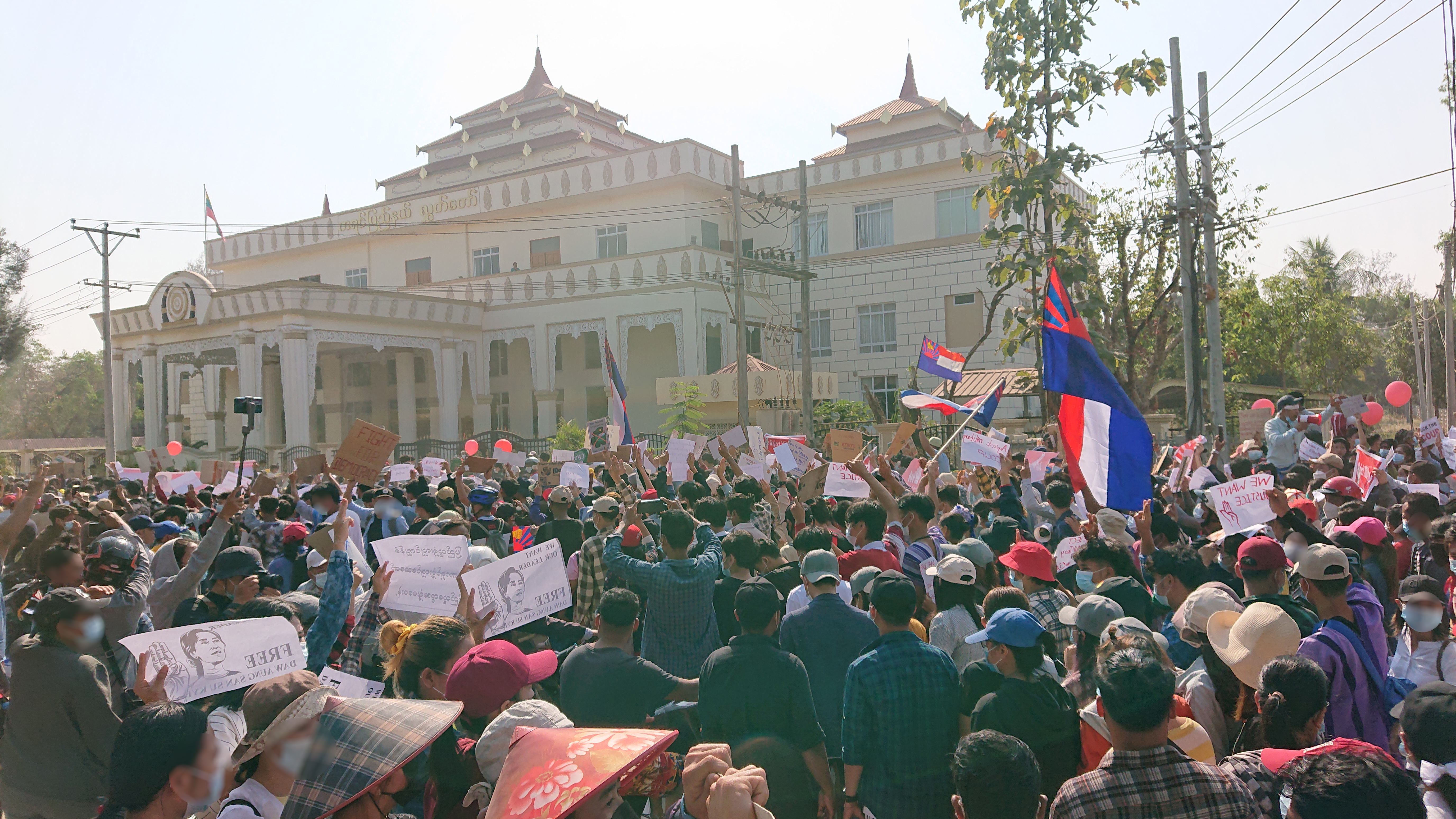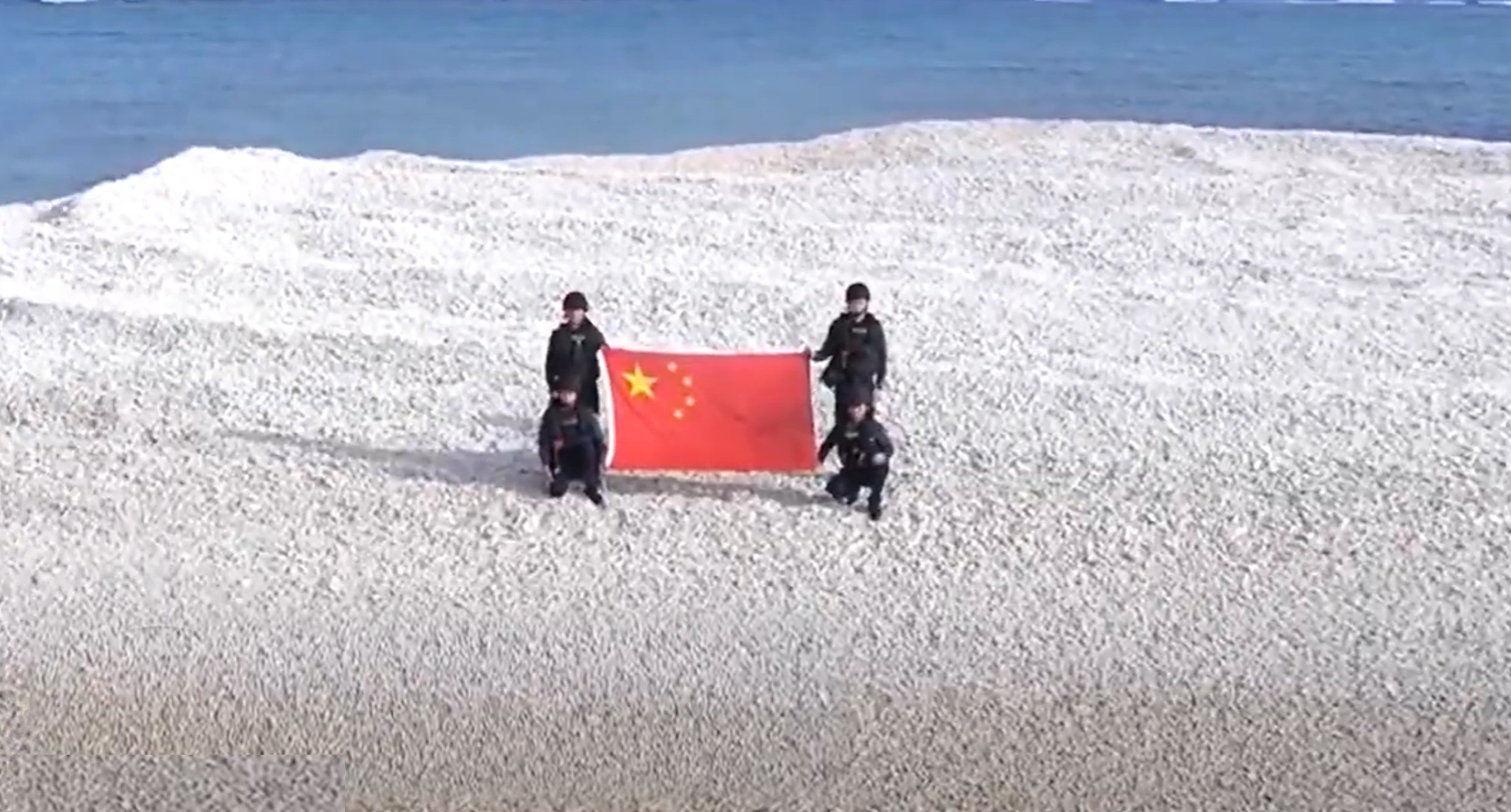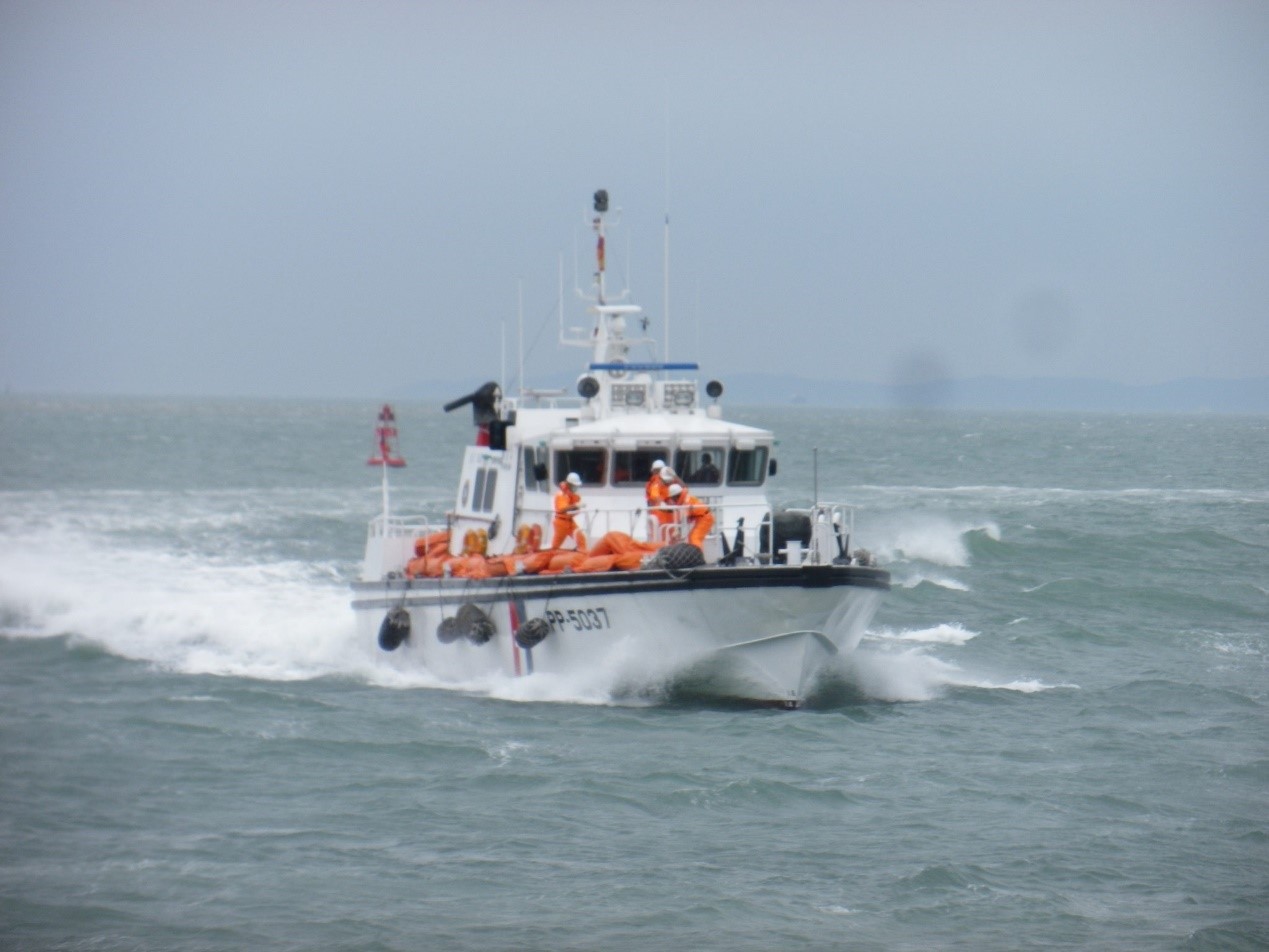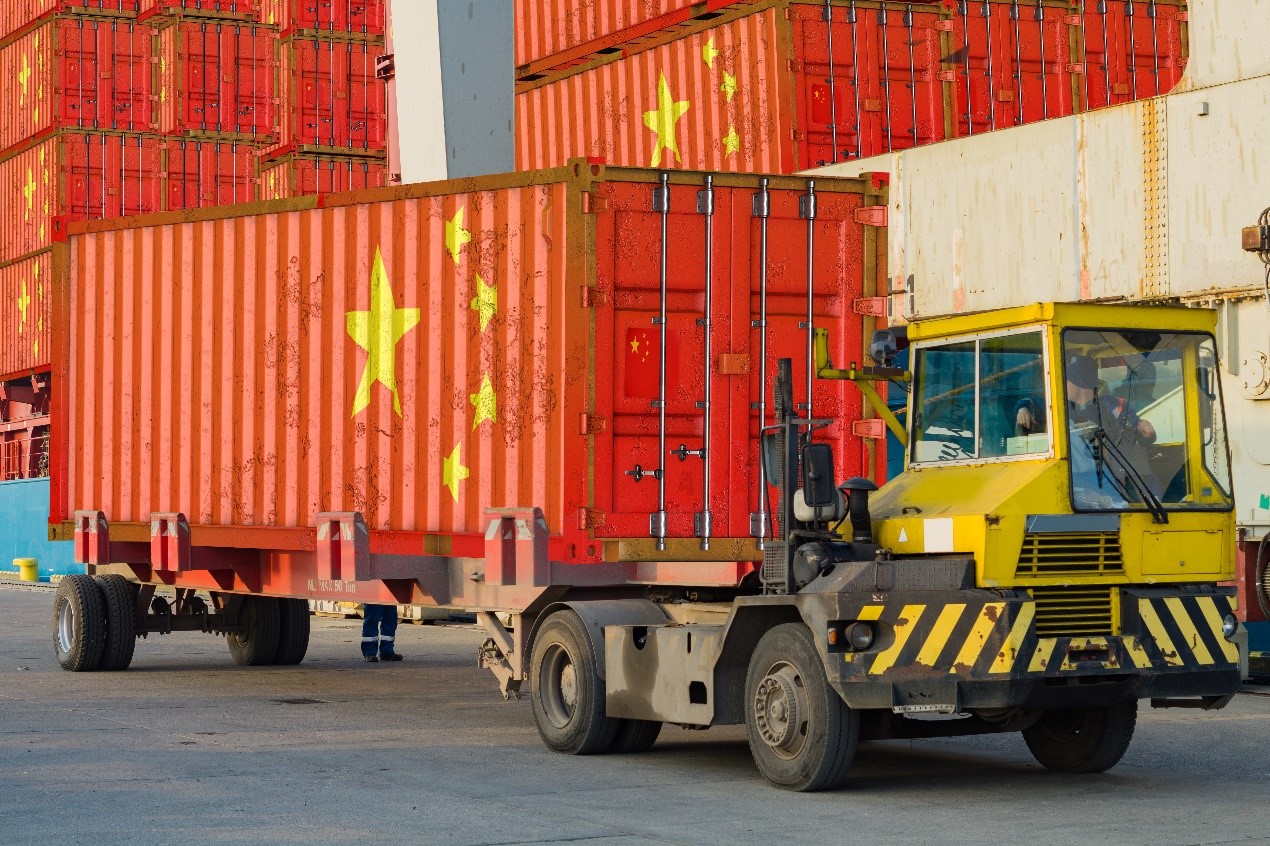The crisis in the Taiwan Strait is a looming regional flashpoint. It is of utmost importance that Philippines could contribute to the avoidance of direct militarized confrontation by pressing for responsible behavior but also the defense of Taiwan from aggression. Picture source: Depositphotos.
Crisis in the Taiwan Strait:
Imperatives for the Philippines
Prospects & Perspectives No. 57 October 12, 2022
By Aries A. Arugay
The crisis in the Taiwan Strait is a looming regional flashpoint that could potentially drag the Philippines into armed international conflict. It is of utmost importance that the country contributes to the avoidance of direct militarized confrontation by pressing for responsible behavior but also the defense of Taiwan from aggression.
The Philippines can be considered as a frontline state in any crisis in the Taiwan Strait within the Association of Southeast Asian Nations (ASEAN) region. Given its geographic proximity, there is little doubt that it would be be affected by a full-scale military confrontation between China and Taiwan. Beyond its proximity to the site of this possible activated dispute is the military alliance of the archipelago with the United States. Recent reassertion of the commitment of the U.S. to defend the Philippines against foreign aggression also implies that it will also join the U.S. if it mobilizes to protect Taiwan from invasion by virtue of its security commitments to the island-nation.
New government, new foreign policy?
The Philippine government under President Ferdinand Marcos Jr. expressed strategic ambiguity when asked whether it would unconditionally join the defense of Taiwan. Foreign policy under Marcos seeks to balance its relations between the two superpowers. The new president’s recent trip to the U.S. and exchanges between top officials from both nations mended the fissures caused by the messy and often inflammatory rhetoric of the Duterte presidency. However, Marcos also has cultivated and reinforced his commitment to maintain cordial relations with China.
Given the precarious situation of the Philippines in any crisis in the Taiwan Strait, there are several imperatives that should guide its response. The official policy of the Philippines must strike the difficult balance between the protection of its national interests but also its solidarity with promoting norms and the defense of the status quo.
First, the country’s economy is heavily intertwined with both China and Taiwan. China is the second-largest trade partner of the Philippines with US$6.63 billion worth of trade in 2021. That same year, Taiwan ranked 9th with $2.5 billion. It is highly likely that the Philippines will suffer a major economic blow if cross-Strait relations reach their lowest point. Moreover, there are 150,000 overseas Filipino workers in Taiwan and around the same number in Hong Kong. They would likely need to be repatriated in any militarized conflict, which would constitute a logistical nightmare of epic proportions for the Philippine government. Given the global economic slowdown and economic hardship currently experienced by the country, another economic downturn caused by geopolitical conflict is the last thing the country needs.
Apart from the massive economic implications of a crisis in the Strait, the Philippines could also be at the receiving end of a major humanitarian crisis. A protracted military conflict would potentially generate thousands if not millions of refugees. Among ASEAN countries, it is the Philippines that signed all major international conventions on sheltering and protecting stateless persons. Historically, the country has been a haven for refugees and other displaced persons. This has been the historical identity of the Philippines in the past and it will not shirk from opening its borders to the Taiwanese people of the need arises.
Another strategic imperative for the Philippines is its shared identity as a small state that also has a territorial and maritime dispute with China. Though the 2016 Arbitral Award has resolved this dispute in favor of the Philippines, China had remained adamant on the triviality of this piece of international law and has continued to assert its dominant presence in the West Philippine Sea. Russia’s invasion of Ukraine is too near an event for the Philippine government to forget that undue intrusion and even invasion of a superpower to a less powerful country has no place in 21st century international relations. Thus, the Philippines should not simply dismiss the need for solidarity against irresponsible and undue behavior guided by the wanton exercise of military strength against sovereign nations.
Neutrality favors the aggressor
The imperative for the Philippines is to avoid the path of neutrality in case conflicts erupts in the Taiwan Strait. This has no precedent in the history of its foreign policy. Though former president Duterte espoused this stance at the onset of the Russia-Ukraine war and found some support in some officials, academics, and journalists, this is inconsistent with the country’s stance to defend the international rules-based order, multilateralism, international law, and the principles in the United Nations Charter. Indeed, the official Philippine positions ended in the condemnation of Russian aggression. This line must be maintained even if it will have implications in Philippines-China relations.
Many observers of Philippine politics argued that the Philippines will not gain anything in supporting Taiwan if war occurs in the Taiwan Strait. They believe neutrality is the best way to shield the country from the negative impact of a possible confrontation between superpowers. All diplomatic, political, and strategic efforts must be exhausted by the Philippines, including leveraging this issue in all regional security fora within the ASEAN as well as the emerging minilateral mechanisms. Finally, it must enhance and improve all extant strategic partnerships and military alliances as it continues the modernization and transformation of its security sector.
As a frontline state, pushing for diplomatic restraint and the peaceful settlement of disputes is the main option for the Philippines. However, when push comes to shove, it must also be ready for the political, social, and economic impacts of a conflict in the Taiwan Strait. But beyond readiness, the Philippines must clearly side with the aggrieved and together with the international community of nations, rally against the aggressor and invoke the principles of the international rules-based order.
This is because if by some unfortunate circumstance that the country finds itself at the receiving end of foreign aggression, the Philippines will surely not want other countries to be neutral to its cause.
(Aries A. Arugay is Professor and Chair of the Department of Political Science, University of the Philippines-Diliman.)


